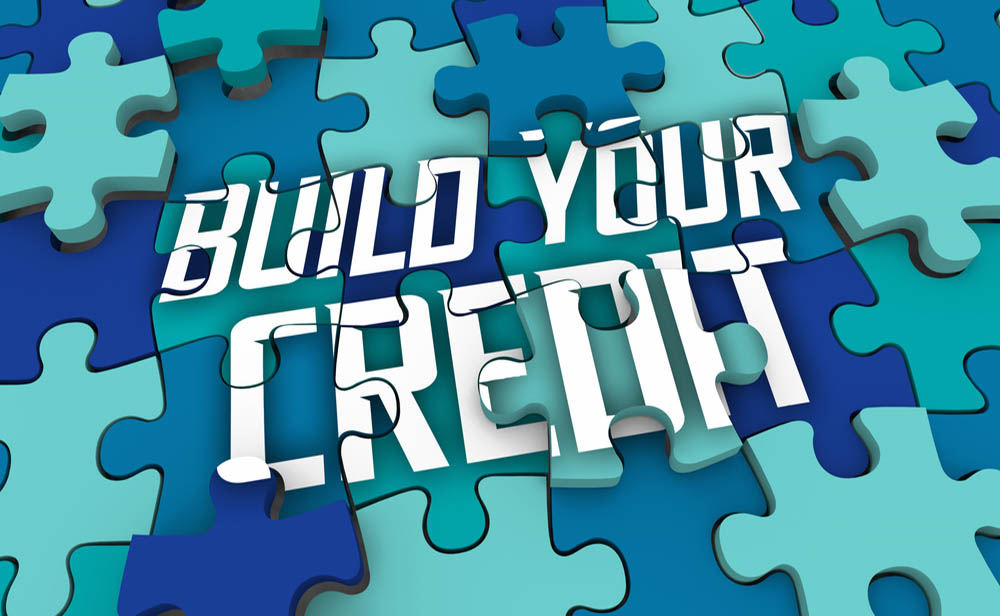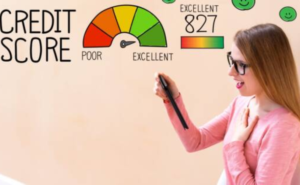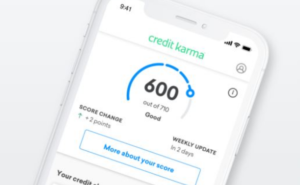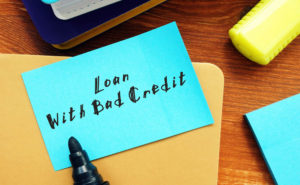How To Build Credit Without Credit Card?
It is a good way to build credit history using a card; however, there are several ways you can build credit without a credit card. For instance, your payment history is reported to the three major credit bureaus by banks, lending institutes, auto or mortgage loan lenders, utility companies, and cell phone providers.
Additionally, some lending opportunities provide a chance to build credit over time without using a conventional unsecured card.
11 Ways to Build Your Credit Without Credit Card
The following are the 12 simple ways to build your credit without a credit card.
1. Add Payments of Monthly Bills to Your Credit File
With the help of the Experian Boost tool, you can report your recurring monthly payments to the three credit bureaus yourself – Experian, TransUnion, and Equifax. Self-report your utility, cell phone, and streaming services payments using Experian Boost.
Making timely payments will increase your credit score and reflect well on your credit history. To have your monthly payments monitored each month, connect your bank account to the digital platforms you use to make payments. Credit bureaus accept information that is virtually reported to them.
2. Report Rental Fee to Improve Your Credit History
Ask your proprietor to report rent payments to credit data collection agencies if your monthly installments don’t appear on your credit history. Softwares Similar to Experian Boost can be used to record and delineate on-time payments, which eventually add up to a lot in terms of building a credit history.
3. Become an Approved User
You can be added as an approved user on any of your family members’ or friends’ credit card accounts to benefit from their activity if you don’t have any line of credit in your name. Any negative entries on their credit report will also impact your credit history, so ensure that you don’t become an authorized user for an account whose owner doesn’t make on-time payments and maxes out their limit.
4. Pay Off Debts To Enhance Your Credit Utilization Ratio
The credit utilization ratio is your total credit account balance divided by the usage of the available credit limit. As per your credit report, the more available credit you use, your credit score will worsen.
Credit bureaus would ideally want you to use a minimum amount of your available credit each month. It is advised to maintain a utilization rate of less than 30% or below to help increase your credit score. The ideal credit utilization ratio is recorded at 10% or under.
Bear in mind that the credit utilization rate adds up to 30% of your FICO score. Aim to pay the full credit card balances each month. A big chunk of money in interest is saved this way and protects your credit scores.
5. Make Timely Payments Each Month
Your payment record and debt amount make up 35% and 30% of the overall credit score. Hence timely payment of debts is essential as a single delayed payment can drastically pull your score down.
Automated payments can be set up using various tools and softwares to avoid late payments. Lenders may charge you a late fee or high-interest rates in case of being just a day late from the due date of the payment.
6. Take Out a Credit-Builder Loan or a Secured Loan
A lending institution provides funds to a borrower with traditional loans. A credit builder loan refers to when debtors give creditors money equating to the amount of credit as an extension.
The creditor deposits funds amounting to $300 – $1,000, and the loan is supposed to be repaid by the debtor in the coming six to twenty-four months.
With a credit building loan, a low minimum payment is expected of the borrowers compared to the amount they would have had to pay on a traditional loan. With the lender’s security already having the full amount to cover the loan, the interest rates for these types of loans are also low, unlike the interest charged on a personal loan.
As there is no credit risk with credit building loans, lending institutes such as small banks and credit unions are readily available to give out these loans compared to bigger banks. This type of debenture should be utilized wisely and ensured to make timely payments every month responsibly. Punctual payments reflect well on your credit history.
If you cannot pay back the debt, a creditor will keep the cash deposited with them initially to protect their investment. On the contrary, once the loan is paid, you will receive supplementary benefits such as having the initial funds deposited returned to you. Hence, a credit builder loan can also be considered a secured savings account.
7. Apply for a Passbook Loan with a Savings Account
The money in your savings account can be used as security funds required to apply for a passbook loan, also referred to as a ‘certified pledge loan,’ or a ‘savings pledged loan.’
Your custodial bank will withhold the deposited amount until the debt is fully paid. Lending institutes normally agree to let you borrow 90% – 100% of the balance in your savings account. The interest rates for such loans are usually low as there is are no financial risks involved.
A certified pledge loan or a passbook loan increases your overall credit score if timely payments of the amount are made each month, as regular payment of revolving debts is highly appreciated by credit bureaus.
8. Opt for a Personal Loan
Personal loans are conventional loans in comparison to passbook or credit-builder loans. With these types of loans, you are given funds by the lender and are expected to pay off the debt over time while being charged high interest on the amount borrowed as the credit risk would be high.
You can apply for a personal loan via a credit union as they charge a relatively lower interest rate than what banks charge.
Before applying for the loan, keep in mind that the loan’s monthly repayment should be affordable and friendly to your pocket. Failure to make these payments will result in a poor credit score. This type of loan is considered one of the most expensive ones; therefore, it is not the most suitable option to build your credit.
9. Student Loans
Student loans provided by the state are regularly reported to the credit bureaus, so make timely payments of these loans for good credit history. The loan terms can be modified with your creditor in case of delayed payments or look into debt consolidation of private loans to make repayment more achievable.
10. Apply for a Secured Credit Card
You can acquire a secured credit card by providing a security deposit in cash before the card is given to you. This type of credit card is also considered a secured loan.
The amount to be deposited in cash will be equivalent to your credit limit, usually $200 – $300.
There is minimal credit risk with these cards as the funding has been secured for the lenders; thus, secured credit cards can be attained even with a bad credit score or history.
The usage of this card will be like that of an unsecured credit card, as it is not a prepaid card. Monthly payments will need to be made against any purchases while interest accumulates on the outstanding balances. A secured credit card assists you with rebuilding your credit as it permits you to pay off debts monthly.
11. Take out an Auto Loan
Opting for an auto loan is not always a feasible option as the interest rates for such loans tend to be high. However, applying for car loans may be a good way to rebuild credit if there’s a need to change your car.
The opted car dealership will finance your loan, considering your wage falls in the range of a specified amount. Ensuring regular monthly payments on a car loan will rebuild your credit like other options listed above.
Most Importantly, Build Credit Wisely
Rebuilding credit does not happen overnight and could take several months; it is important to start working on building your credit before it is needed.
Get free expert credit consultation from an accredited consumer credit reporting agency to discuss efficacious debt management strategies.
This will give you top-tier feedback from a certified credit counselor who will evaluate and analyze your current financial standing and devise schemes to build credit without a credit card uniquely.






